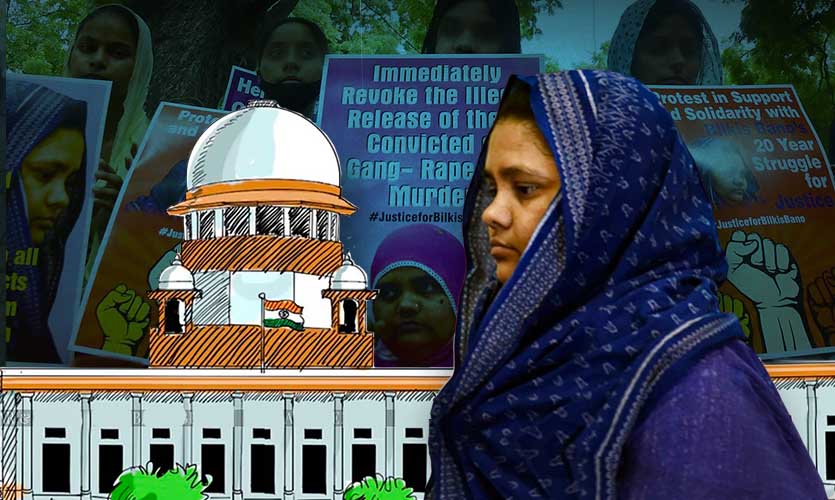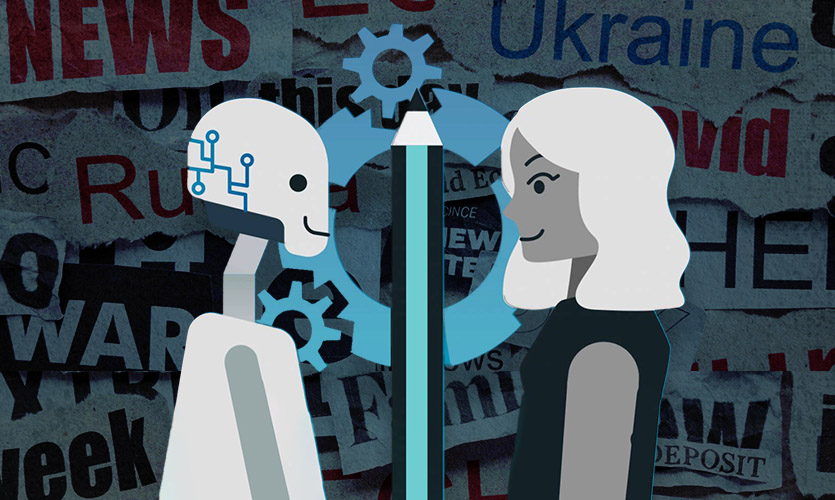On August 15, when India was celebrating its 76th Independence Day earlier this year, 11 convicts in the gangrape case of Bilkis Bano and the murder of her family during the 2002 Gujarat riots were prematurely released. They were welcomed back home with garlands, and their release was celebrated with sweets.
The early release of the convicted, who were given life sentences, garnered widespread criticism, and multiple petitions were filed in the apex court against the Gujarat government’s decision.
On Wednesday, the Supreme Court approved two petitions filed by Bilkis Bano, also assuring an early hearing of the case.
One of the petitions contested the premature release of the 11 lifers who were convicted of gang-raping her and killing her family, and the other petition challenged the top court’s initial order to the Gujarat government to evaluate such remission.
The remission was given to them, according to the Gujarat government, as a result of their “good behaviour”, and the Centre had reportedly given its approval for the same.
The issue became the centre of a political controversy prior to the Gujarat Assembly election, after BJP MLA CK Raulji backed the Bilkis Bano rapists and said that some of the convicts were brahmins with good “sanskaar”.
Raulji, campaigning in his constituency Godhra, has conveniently steered clear of this development in the case, much like the saffron party during the 2002 riots. “What the JAC recommended was as per the remission policy of the state,” he had said on the release order earlier.
However, it was later disclosed in an affidavit that the CBI and the trial court’s presiding judge opposed the convicts’ release because of how heinous and brutal their crimes were. The affidavit further stated that one of the offenders was arrested again while on parole in 2020, for sexual harassment of a woman.
A bench led by Chief Justice DY Chandrachud and Justice PS Narasimha has informed Bano’s attorney Shobha Gupta that the review petition challenging the Supreme Court order would have to be considered first.
Bilkis Bano claims in her review petition that convicted Radheyshyam “did not come with clean hands” to court, concealing various damaging details that she is now attempting to present to the court. Moreover, contrary to the apex court’s May 13 ruling, the Gujarat government was not the authorised state government to decide on the remission as Maharashtra had conducted the prosecution.
“The petitioner, who is the victim and prosecutrix in the criminal case, was not even made party respondent by the writ petitioner (Radheyshyam) in the writ petition,” read Bano’s petition. “This was the reason that she had absolutely no information of the filing or pendency of the said writ petition or the order passed therein by this hon’ble court till the writ petitioner and other 10 co-convicts/ prisoners were prematurely released,” it added.
Read more: New CJI Chandrachud To Prioritise ‘Personal Liberty’ Matters










